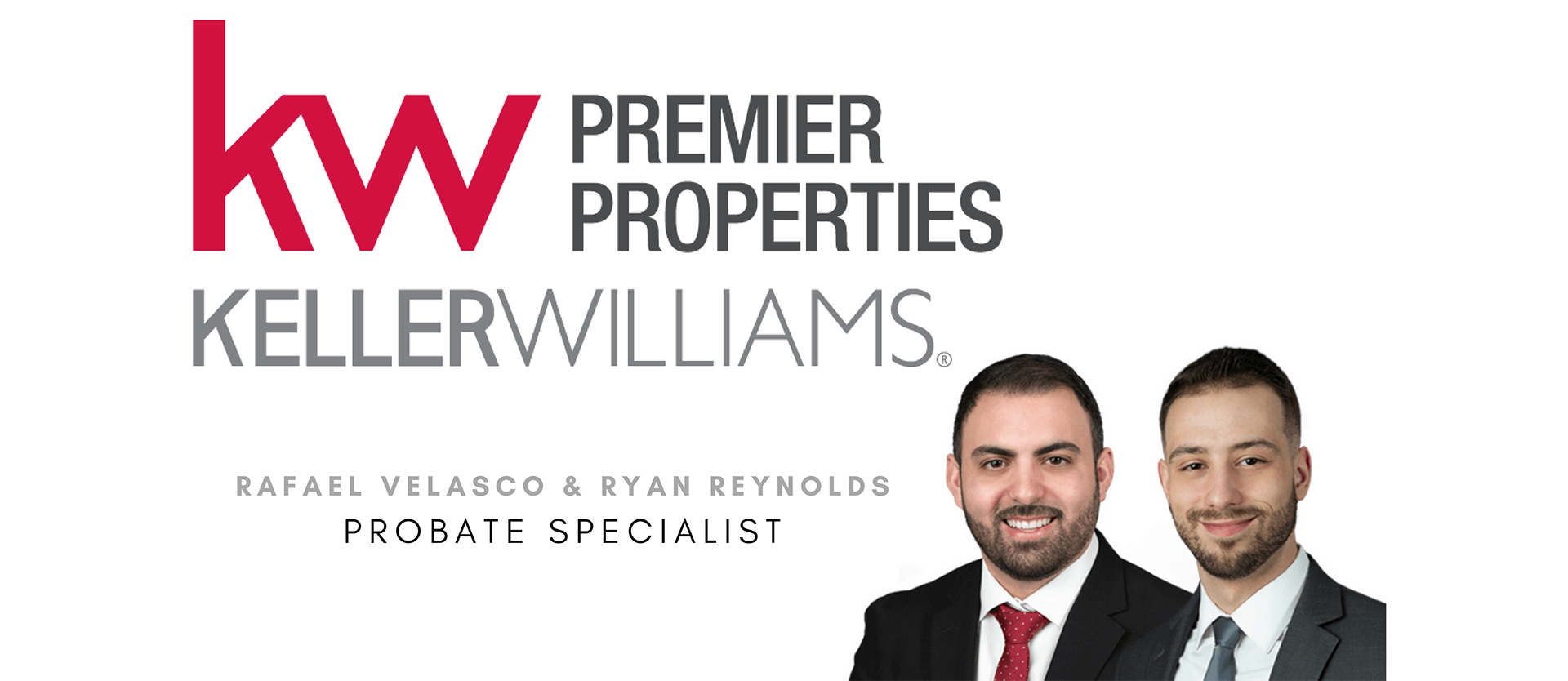How do you handle the third most important task appointed to your executor-how to coordinate and communicate with beneficiaries? Whether it’s a family member, friend, or charity, this is an essential responsibility. In today’s blog post we’ll be talking about how this can affect family relationships and save thousands of dollars in headaches.
If you’re an executor or administrator, try to avoid Probate litigation. The attorneys are the only ones who win in court in most situations. Having proper communication and record keeping will not only save you frustration and time, but it will also preserve a record that may be used to demonstrate the beneficiaries to prevent conflict. It’s crucial to remember three key actions while administering an estate:
- Keep your beneficiaries up to speed on what’s going (or not) on with regular correspondence and emails. Not all recipients require constant notification, but it is a good idea to communicate with all of them. This is an excellent method to demonstrate good intentions and transparency. You may even believe you have nothing new to report when, in reality, a simple description of what’s next might be enough to soothe someone’s concerns. Make sure you carbon copy them all on any emails you send to other beneficiaries or family members.
- With the exception of immediate family, it is generally not advisable for executors to have direct contact with beneficiaries unless there are significant issues that need urgent attention. The best way around this dilemma is by documenting all conversations and keeping detailed written records so if a conflict arises later.
- Make sure you have legal authority for everything you do– A fiduciary duty is what an executor or administrator has. This implies that the executor or administrator should always act in the best interest of the estate. If you do not follow the terms of the will, misuse your powers as executor, or trade assets for your own gain, you may be held responsible and possibly dismissed from your post. Make sure you know exactly what your obligations and authorities are. This is an excellent opportunity to discuss any concerns you have regarding what you can and cannot do with the attorney handling the estate.
- Keeping careful records of all actions you take– Keeping good records and filing them correctly may be the difference between successfully executing your responsibilities as administrator or executor. The ability to access all of your papers and receipts at the touch of a button is extremely useful, as well as being organized. Many hours may be saved by keeping thorough records and filing. You might avoid spending countless hours looking for papers and receipts later on if you keep copies of all forms submitted, as well as everything that goes out and comes in
Finally, I’d like to offer you a simple free software that will allow you to file papers and notify beneficiaries in an efficient manner. Many people are aware that Google has a simple cloud-based program for keeping documents known as Google Docs. You may upload scanned papers and receipts from your smartphone to Google Docs. You may then share the document with the beneficiaries. This serves as both a convenient method for heirs to keep track of progress or regressions, as well as an easy way for participants to stay in touch. A scanned document of a receipt, income statement or appraisal can be attached to an email and easily sent.
You can also use this software as a means of communication by creating a Group Email account with all of the beneficiaries’ addresses included. This will allow you to quickly send updates, announcements, or questions to everyone at once without having to individually contact them. I hope this information is helpful and that you.
